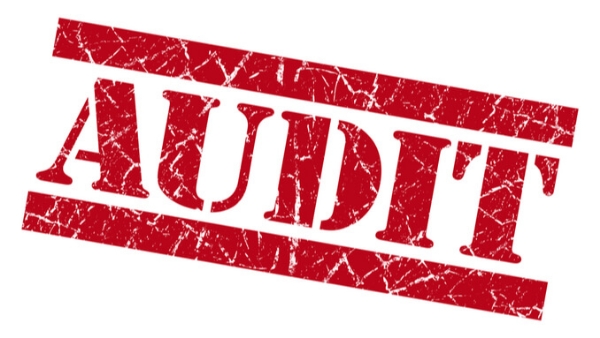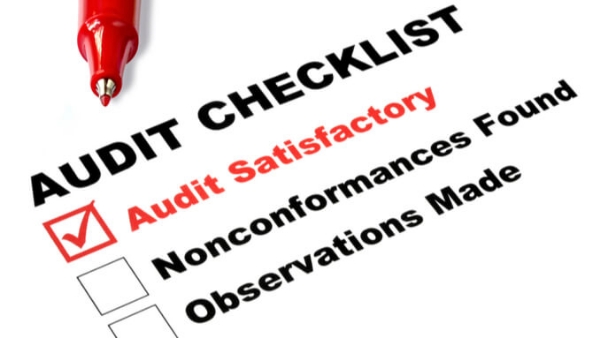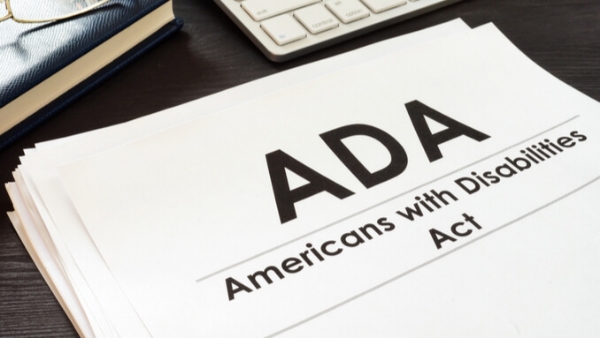- Course Library
- Business Solutions
- Pricing
- Resources
- About
- Request a Demo
You have no items in your shopping cart.
Filter by attributes
Course Language
Course Features
Length Range
NASBA CPE Credits
Bank Compliance Training
Empower your workforce and stay ahead of the ever-changing banking regulations with our mobile-friendly and user-friendly online bank compliance training courses. Popular courses include the Bank Secrecy Act: Red Flags, Common Frauds and Scams, and Ethics for Bankers.
Sort by
Display
per page

Advertising Compliance
From $20.00

Agricultural Lending
From $20.00

Anti-Money Laundering [CA]
From $20.00

Appraisals Standards
From $20.00

Auditing a Community Bank Trust Department
From $149.50

Auditing Assets
From $20.00

Auditing Liabilities and Other Activities
From $20.00

Auditing: The Basics
From $20.00

Balancing 101
From $20.00

Bank Bribery Act
From $20.00

Bank Information Systems Auditing
From $20.00

Bank Protection Act
From $20.00

Bank Secrecy Act: BSA and Compliance Officers
From $20.00

Bank Secrecy Act: Information Sharing
From $20.00

Bank Secrecy Act: Lenders and Loan Operations
From $20.00

Bank Secrecy Act: OFAC Compliance
From $20.00

Bank Secrecy Act: Overview for All Personnel
From $20.00

Bank Secrecy Act: Red Flags
From $20.00

Bank Secrecy Act: Reporting and Recordkeeping
From $20.00

Business Continuity Management for Banks
From $20.00

Card Security Breaches
From $20.00




